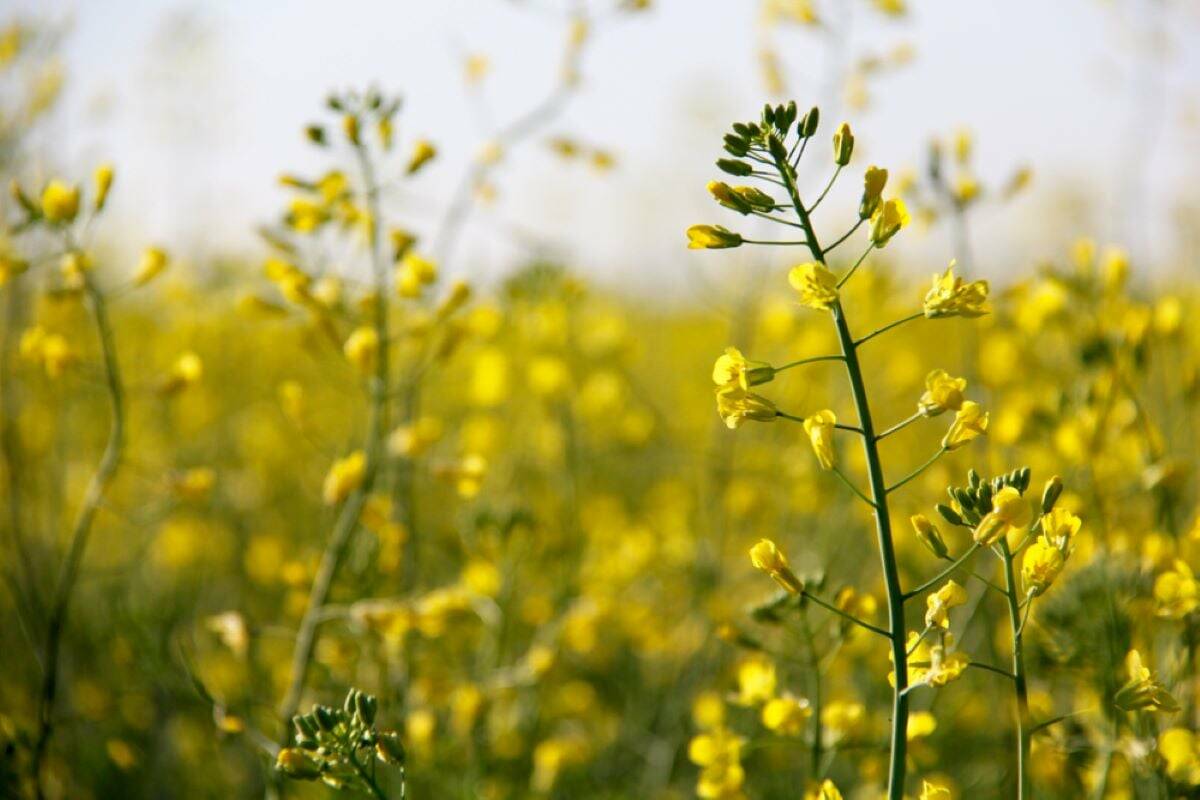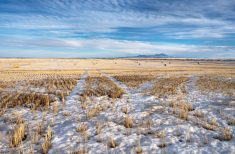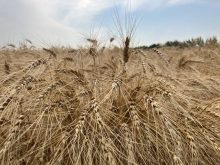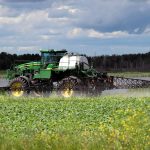A series of wet springs, combined with tight rotations, have led to increased risk of blackleg infection in canola crops, according to Alberta Agriculture in Wednesday’s CropWatch.
Farmers are encouraged to check canola crops early and regularly for signs of the disease, the provincial ag department warned. Fungicides should be used preventively before symptoms appear, effectively stopping the disease before it starts.
Among other items in Wednesday’s CropWatch:
- Winter wheat growers’ crops are nearing the flowering stage, when they’re most susceptible to fusarium head blight, Manitoba’s agriculture department says.
- Armyworms are beginning to show up on fields in central Manitoba and are known to favour cereal crops and forage grasses, the province warns.
- Seeding of the 2011 Prairie crop is now about 87 per cent complete, and with crop insurance deadlines past as of Monday, it’s unlikely much more crop will be seeded, the Canadian Wheat Board reports.
Read Also

ICE weekly: China, soy complex lift canola prices
China’s upcoming lifting of tariffs and rising soyoil prices lifted Canadian canola values for the week ended Feb. 4, 2026.
Are there other reports you’d like to see in the CropWatch feature? Let us know. That said, what you’ve seen or done in your fields so far this year might also help make the difference between a yield and a wreck for someone else. And if you’ve got something to add to a CropWatch item, just click on “Reply.”
Keep us posted on crop progress, unusual weather or pest problems in your area, as well as any questions you may have about a particular problem in the fields.














